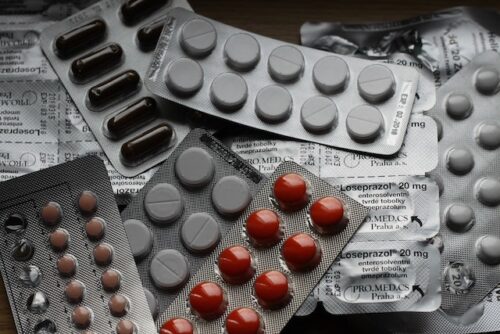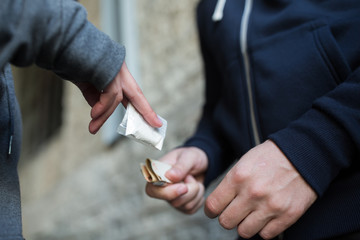
New Jersey laws regarding the possession and distribution of drugs like marijuana have changed recently. Read on to stay informed about what the law does and does not permit. If you’re facing a drug charge of any kind, including drug trafficking, don’t hesitate to contact a Mercer County drug crime lawyer today.
How Does New Jersey Classify Drugs? Schedules I—V
New Jersey uses the Food and Drug Administration (FDA) schedule classification for drugs as a starting point, so it will be useful to look at these first. The FDA bases its classifications on three factors:
- Dangers associated with the drug
- Likelihood of abuse
- Medical benefits the drug may have
The categories, or schedules, organize drugs by which are most dangerous and least useful.
For example, the FDA considers Schedule I controlled substances to lack an acceptable medical use, but to have a high possibility of abuse. These would include heroin, LSD, peyote, ecstasy, and marijuana, among others. New Jersey largely uses this same framing, except concerning marijuana. In 2021, New Jersey legalized recreational marijuana up to a certain amount.
Schedule II controlled substances also have a high possibility of abuse and of developing physical or mental dependence, but the FDA believes drugs in this category have some legitimate medical uses. These would include hydromorphone, methadone, and oxycodone. Schedule II drugs can be obtained with a prescription.
Schedule III controlled substances are less likely to be abused than those in Schedule I or II. These can cause low or moderate physical/mental dependence. Some Schedule III drugs are buprenorphine, ketamine, and anabolic steroids such as Depo-Testosterone.
Finally, Schedule IV and V controlled substances are mostly prescription drugs considered at least relatively safe. These drugs have a very low risk of abuse or addiction.
New Jersey Punishments for Drug Trafficking
Typically, offenses associated with Schedule I and Schedule II drugs carry the heaviest penalties. Moreover, New Jersey employs mandatory minimums with regard to drug offenses.
Drug trafficking is a first-degree offense in New Jersey, and triggers severe mandatory minimums. A drug trafficking conviction brings with it a mandatory minimum sentence of life in prison, with a minimum of 25 years served until parole is even possible. There may be fines of up to $750,000 (five times the street value of the drug being trafficked).
Less severe, but still considerable, is the penalty for possession of a Schedule I, II, III, or IV drug. This is a third-degree criminal offense, with a possible prison sentence of 3-5 years and a possible fine of up to $35,000. Possession of a schedule IV drug is still considered a fourth-degree crime with a possible prison sentence of up to 18 months and a fine of up to $15,000.
What Do I Do If I’m Facing Drug Charges?
Despite recent changes in New Jersey drug laws and despite a sometimes more lenient stance than federal laws, drug penalties in New Jersey are still hefty. Please don’t take chances and contact the Law Office of Douglas Herring today. We can defend your rights and will do what we can to have drug charges dismissed.

